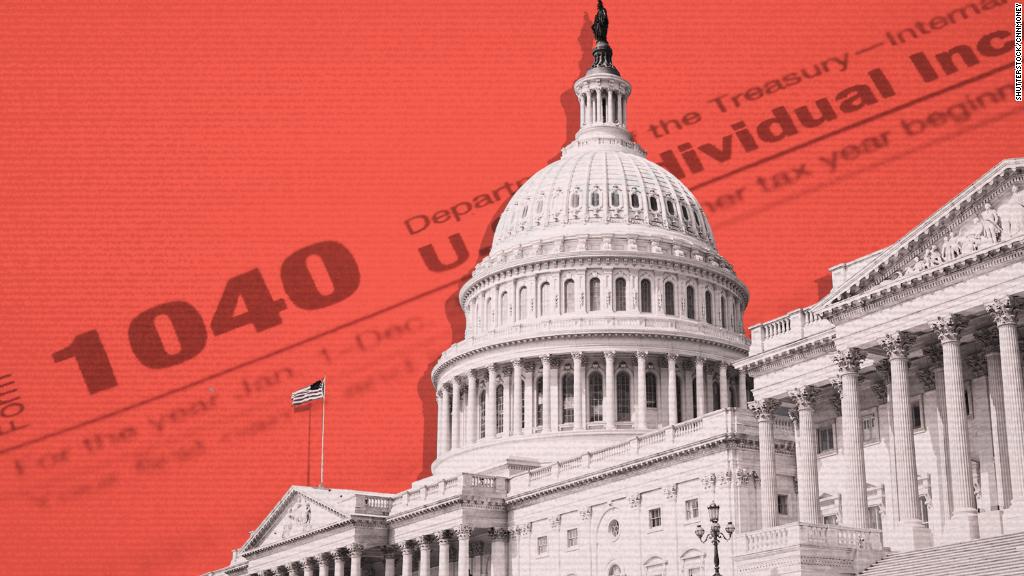
America's red hot job market is missing one ingredient: Strong wage growth.
It's a big reason many Americans still feel left out of the recovery from the Great Recession.
Usually, when unemployment is this low -- 4.1%, the lowest since 2000 -- wages go up significantly. Companies have a hard time finding workers, and they have to pay more to recruit and retain them.
Not so in this job market. As of November, wages were only up 2.5% compared with a year ago. And since October 2010, the economy has added jobs every month, but wage growth has averaged a paltry 2.2%.
The final jobs report for 2017 comes out Friday, and it could offer hints about whether wage growth is finally starting to pick up.
In some corners of America, there are signs that it's already happening. Small and medium-sized businesses are really feeling the pressure to find workers and raise wages.
Related: U.S. dollar hits 3-month low to start 2018
The share of employers who found few or no qualified job applicants in December was at an all-time high, 54%, according to a report published Thursday by the National Federation of Independent Business, which polls firms with 500 employees or less.
About 23% of employers told NFIB that they plan to pay employees more in the next three to six months. That matches a level last seen in March 2000, and the only time it was higher was December 1989. NFIB has conducted its survey for 40 years.
Mike Olsen is in that boat. When he founded the education tech firm Proctorio in 2013, he says it wasn't hard to find a qualified engineer in Scottsdale, Arizona. But now it's become his biggest employment problem.
"We used to have the advantage, and now I feel like we don't," says Olsen, 29. "As unemployment decreases, these employees have the upper hand."
To keep the workers he has, Olsen says he's raised wages 15% in the past year. An entry-level engineer at Proctorio earns $75,000 to $80,000 a year.
Related: Workers see fewer chances of promotion and raises, survey shows
Proctorio, which has 28 employees, designs camera technology that monitors students during exams to prevent them from cheating. Its technology monitors facial expressions, eye twitches and mouth movement. About 500 universities use Proctorio.
"We're doing about 3 million exams a year. We have a lot of people trying to cheat," Olsen says.
But he's struggling to find qualified engineers and customer service advocates. He's also looking for a "professional cheater" to poke holes in the software they're developing.
Olsen is confident he'll find a qualified cheater, but for his typical job postings, he can't hire just anybody: Only one in 10 applicants is worth a phone call. Of the people who get phone calls, he figures one in 20 makes it to an interview. And out of that group, one in 10 gets a job offer.
Proctorio is also in a particularly hot job market. In Phoenix, small businesses raised wages in December more than any other metro area -- 5.25% from a year ago, according to a report by Paychex, a payment processor, and IHS Markit, an analytics firm.
Related: 2017 was the year of the red hot job market
That makes sense: Unemployment in Phoenix is 3.7%, below the national average. Arizona did raise its minimum wage this week to $10.50 an hour, but for many employers like Olsen, that's not the biggest problem.
He's competing for engineers against Amazon (AMZN), which has an office in nearby Tempe, Arizona. Olsen says some of his engineers came to him last year saying they had offers for more money elsewhere. Knowing how hard it would be to replace them, Olsen has had no choice.
"We had to match it," he says.
He adds that Proctorio is a business that only succeeds with speed: Schools need to know immediately if a student has cheated. Having engineers work together well as a team to make that fast judgment call is critical for the company.
Olsen has also decided to match competing offers because battling with Amazon is only his second-biggest problem. His first: A lack of skilled workers in the Phoenix area.
Olsen says many engineers educated in Arizona prefer to move to tech hubs like Austin or the Bay Area. That means Olsen has to pay up to persuade more to stay.
"I think we're going to have to keep increasing" wages, Olsen says. "But it's probably not sustainable."


